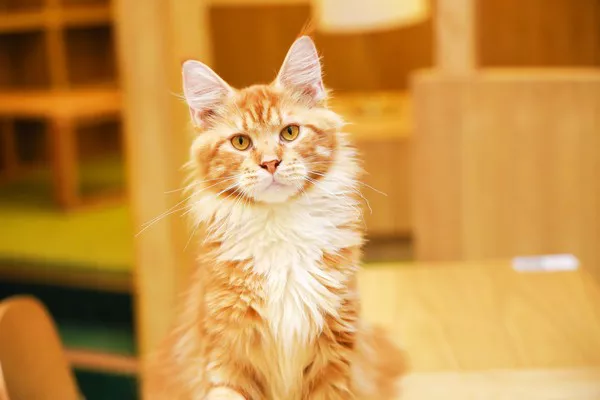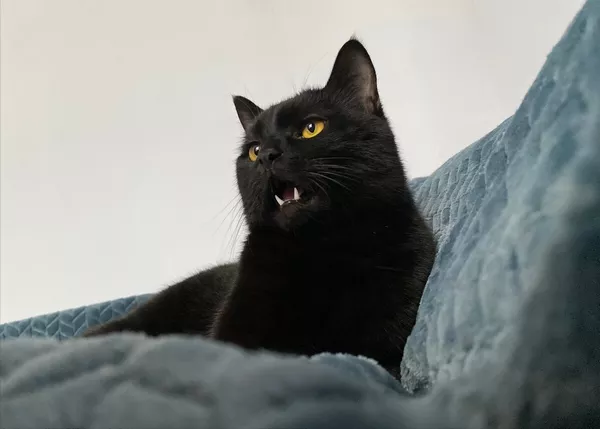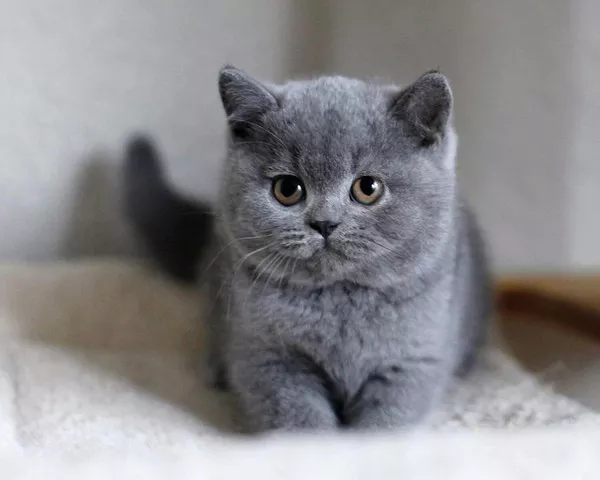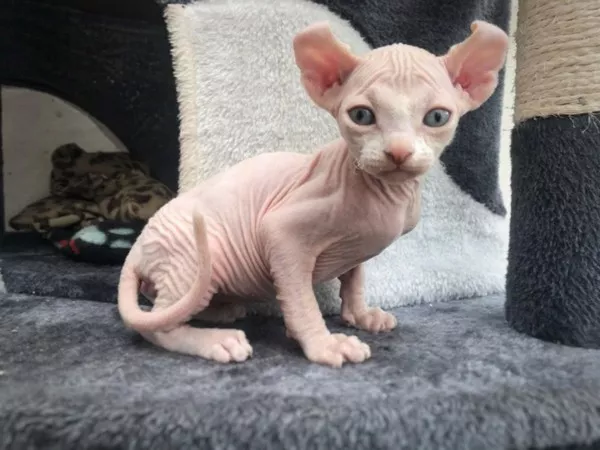The Maine Coon is a majestic and gentle giant among domestic cat breeds, known for its impressive size, bushy tail, and tufted ears. As responsible pet owners, it is natural to want the best for our feline companions, including supporting their healthy growth and development. While genetics largely determine a Maine Coon’s size, there are several ways to promote their optimal growth and ensure they reach their full potential. In this article, we will explore various tips and strategies to help your Maine Coon grow bigger while prioritizing their overall well-being.
1. Understanding the Maine Coon’s Genetics:
Maine Coons are one of the largest domestic cat breeds, known for their sturdy build and robust physique. Their substantial size is a result of their natural genetics, which have evolved over centuries to adapt to the harsh weather conditions of Maine, USA, from which they originated. While genetics play a significant role in determining a Maine Coon’s size, proper care and nutrition are essential in supporting their healthy development.
2. Feeding a Balanced Diet:
Nutrition is a crucial aspect of a Maine Coon’s growth and well-being. Providing a balanced and high-quality diet is vital to support their optimal development. Maine Coons are known for their hearty appetites, and they have specific nutritional requirements due to their size and activity levels.
Choose a cat food formulated for large or giant breeds, as these diets are tailored to support healthy bone and joint development. Look for a cat food with a high protein content to promote muscle growth and development. Additionally, ensure that the diet includes essential nutrients such as taurine, omega-3 fatty acids, and vitamins to support overall health.
3. Controlled Feeding and Portion Sizes:
While it may be tempting to indulge your Maine Coon with extra treats and meals, controlled feeding and portion sizes are essential to prevent obesity, which can adversely affect their health and joint function. Obesity can also hinder a Maine Coon’s natural ability to grow to their full size.
Follow the feeding guidelines provided by your veterinarian or the cat food manufacturer to ensure you are offering the appropriate portion sizes for your cat’s age, size, and activity level. Regularly monitor your Maine Coon’s weight and consult with your veterinarian to adjust the feeding regimen if necessary.
4. Adequate Hydration:
Ensure that your Maine Coon has access to fresh and clean water at all times. Hydration is crucial for overall health, digestion, and joint function. Providing a cat water fountain can encourage your Maine Coon to drink more, as many cats are attracted to moving water.
5. Regular Veterinary Check-ups:
Regular veterinary check-ups are essential to monitor your Maine Coon’s growth and overall health. Your veterinarian can track their weight and growth progress, ensuring they are on a healthy trajectory. Veterinary visits also allow for early detection of any health issues that may impact growth and development.
6. Encouraging Exercise and Play:
Maine Coons are an active and playful breed. Encouraging regular exercise and playtime helps to keep them physically active and mentally stimulated. Engaging in interactive play with toys, climbing structures, and puzzle feeders can be beneficial in preventing excessive weight gain and supporting healthy muscle development.
7. Providing Enrichment and Stimulation:
Maine Coons are intelligent and curious cats that enjoy mental stimulation. Offer a variety of toys, scratching posts, and interactive play to keep them mentally engaged and prevent boredom.
8. Grooming and Coat Care:
Maine Coons have long, dense fur that requires regular grooming to prevent matting and tangles. Regular grooming also helps to distribute natural skin oils and promotes a healthy coat. Grooming sessions also provide an opportunity to check for any skin issues or abnormalities that may impact your cat’s well-being.
9. Creating a Stress-Free Environment:
A stress-free environment is essential for a Maine Coon’s overall well-being and growth. Avoid sudden changes or disruptions in their living space and routine. Provide cozy hiding spots and comfortable resting areas where they can feel safe and secure.
10. Socialization and Interaction:
Maine Coons are social and affectionate cats that thrive on human interaction. Spend quality time with your cat, offering affection, play, and cuddle sessions. Positive interactions with their human family help strengthen the bond and contribute to a happy and healthy cat.
Conclusion:
Promoting healthy growth in a Maine Coon involves a combination of proper nutrition, regular veterinary care, ample exercise, and mental stimulation. While genetics largely determine their size, providing the best possible care and environment will support their natural growth potential. By offering a balanced diet, controlling portion sizes, and encouraging exercise and play, you can ensure that your Maine Coon thrives and reaches their full potential as a magnificent and healthy feline companion.
























